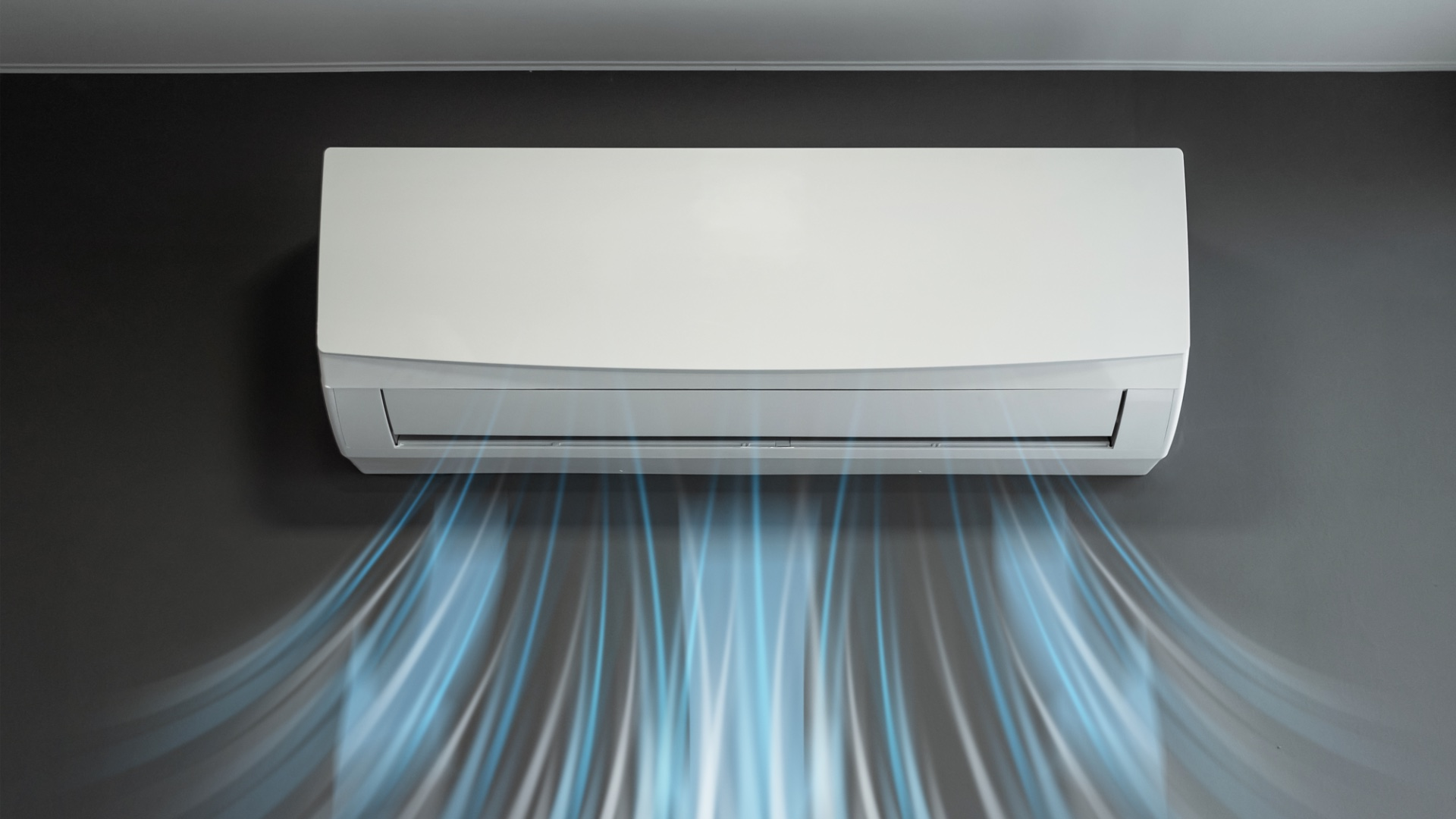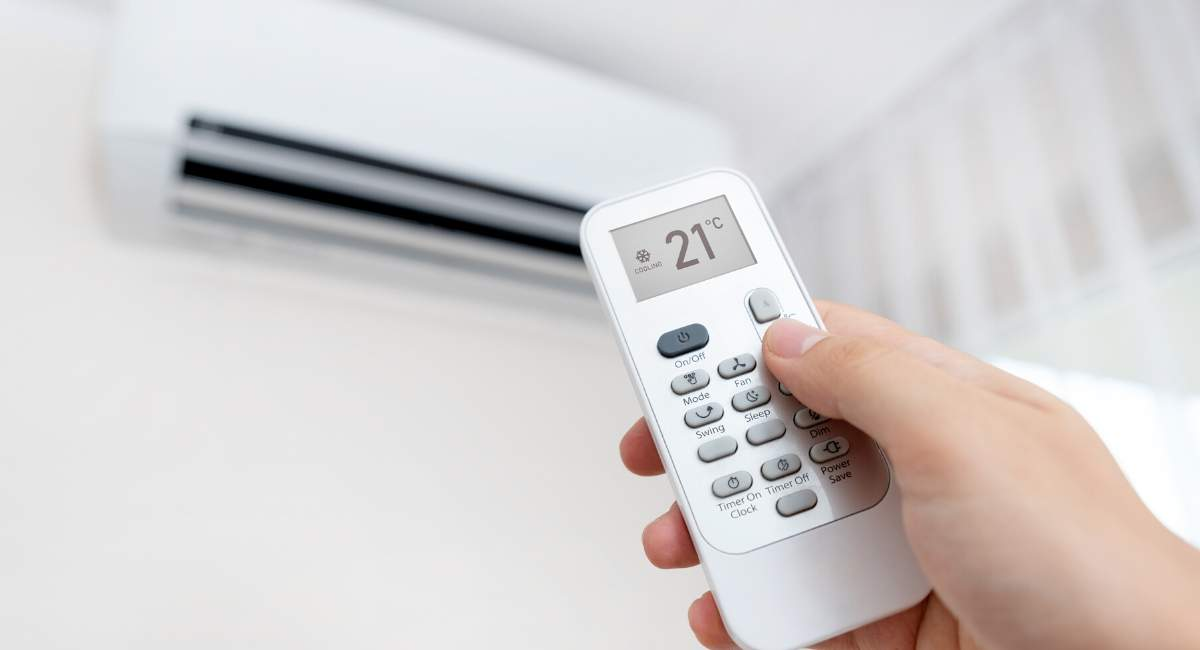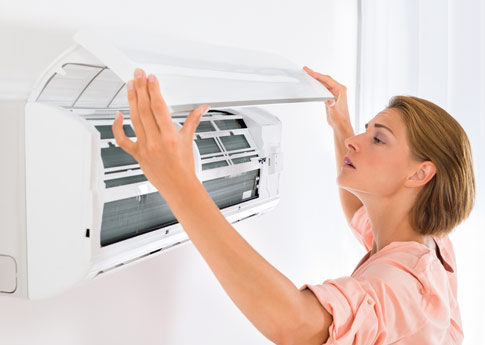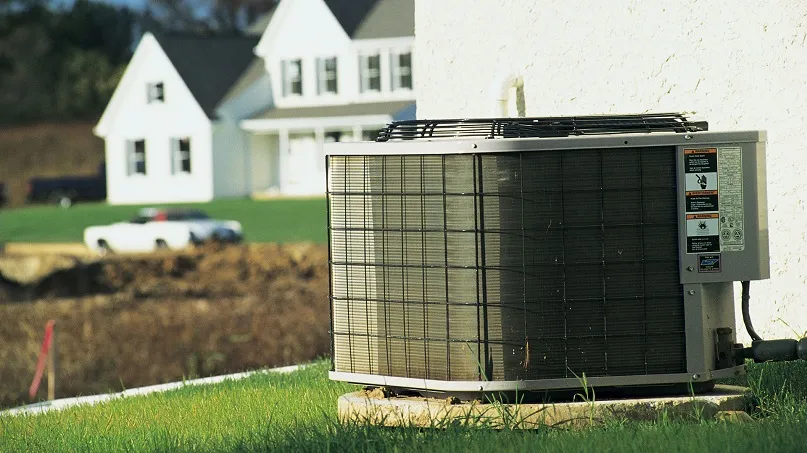
Energy-saving Tips for Efficient Air Conditioner Usage
Air conditioners maintain a comfortable indoor environment, but at the same time, they also consume significant energy. In fact, power consumption has been a major concern with artificial cooling for a long time. But since the efficiency of air conditioners depends on several factors, you ought to take a few proactive measures to enjoy an efficient air-conditioning experience. Continue reading this blog to explore practical strategies for efficient air conditioner usage.
Choosing the Right Air Conditioner
Selecting the right air conditioner is crucial for optimizing energy usage. Start by considering the size and capacity of the unit. It is because an oversized or undersized air conditioner may result in inefficient cooling and unnecessary energy expenses. Apart from that, look for models with high SEER and EER ratings, where SEER and EER stand for Seasonal Energy Efficiency Ratio and EER Energy Efficiency Ratio, respectively. These ratings indicate the unit’s energy efficiency, with higher numbers indicating better performance.
Optimizing Air Conditioner Settings
Optimizing your air conditioner settings can significantly impact energy consumption. Set your thermostat to an optimal temperature range, typically around 78°F. Utilize programmable thermostats to adjust temperatures based on your schedule and avoid cooling empty rooms. Consider temperature setbacks during nighttime or when you’re away to save energy. Additionally, use the fan setting sparingly and make the most of natural ventilation whenever possible.
These simple measures will save on energy and lower the failure chances of your air conditioner so that you don’t need to spend your hard-earned money on costly HVAC Repairs. However, if you ever require Air Conditioner Repairs, look no further than professional AC Repair Boynton Beach services, as they offer doorstep solutions at very attractive charges.
Maintaining Air Conditioners for Efficiency
Proper maintenance is crucial for ensuring your air conditioner operates at maximum efficiency. Dirty filters hinder performance and force the system to work harder, consuming more energy. So, regularly clean or replace air filters to prevent blockage and improve airflow. Clean the coils, fins, and ducts to remove dirt and debris, as these can impede airflow and reduce efficiency. Schedule professional AC Maintenance to address any underlying issues and keep your system in optimal condition.
Supplementary Energy-Saving Techniques
To further enhance energy efficiency, consider supplementary techniques.
- Capitalize on natural ventilation by opening windows during cooler evenings or mornings.
- Use shading techniques such as blinds, curtains, or external shading to reduce the heat load on your space.
- Adequate insulation and sealing minimize energy loss by keeping the cool air inside.
- Utilize ceiling fans or portable fans to circulate air effectively, reducing reliance on the air conditioner.
Additional Tips for Energy Conservation
In addition to optimizing your air conditioner, adopt other energy-saving habits.
- Create temperature zones within your home by closing unused rooms to focus on cooling where needed.
- Use window shading or tinting to prevent direct sunlight and reduce heat gain.
- Remember to close doors and windows to prevent warm air infiltration.
- Avoid using heat-generating appliances during peak cooling hours.
These proactive measures can lower your air-conditioning bills while contributing to a more sustainable future. Always remember that small changes make a big difference in energy conservation. At last, it is advised not to ignore AC malfunctions because a faulty air conditioner consumes more energy than usual. In such a situation, you should immediately reach out to AC repair Boynton Beach experts, as timely rectification of air-conditioning bugs not only promotes energy consumption but also prolongs AC lifespan.




